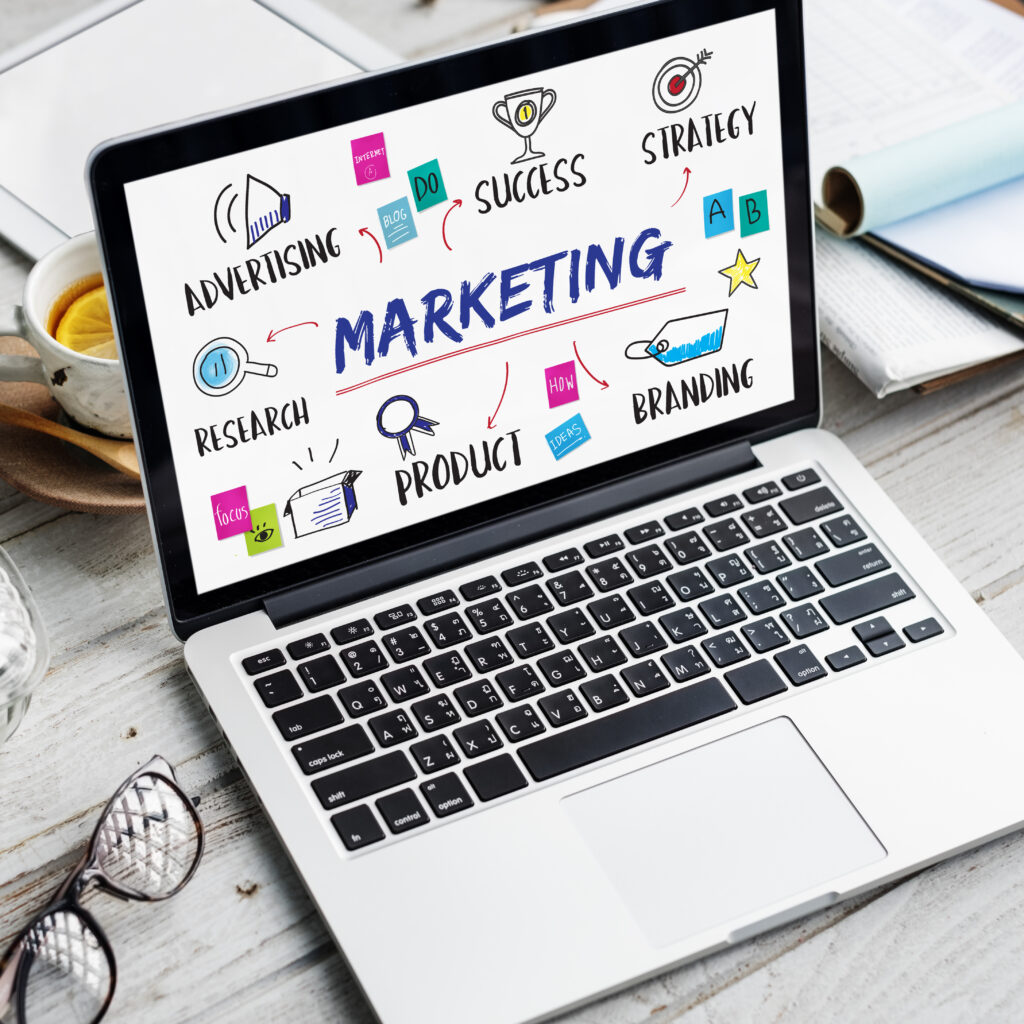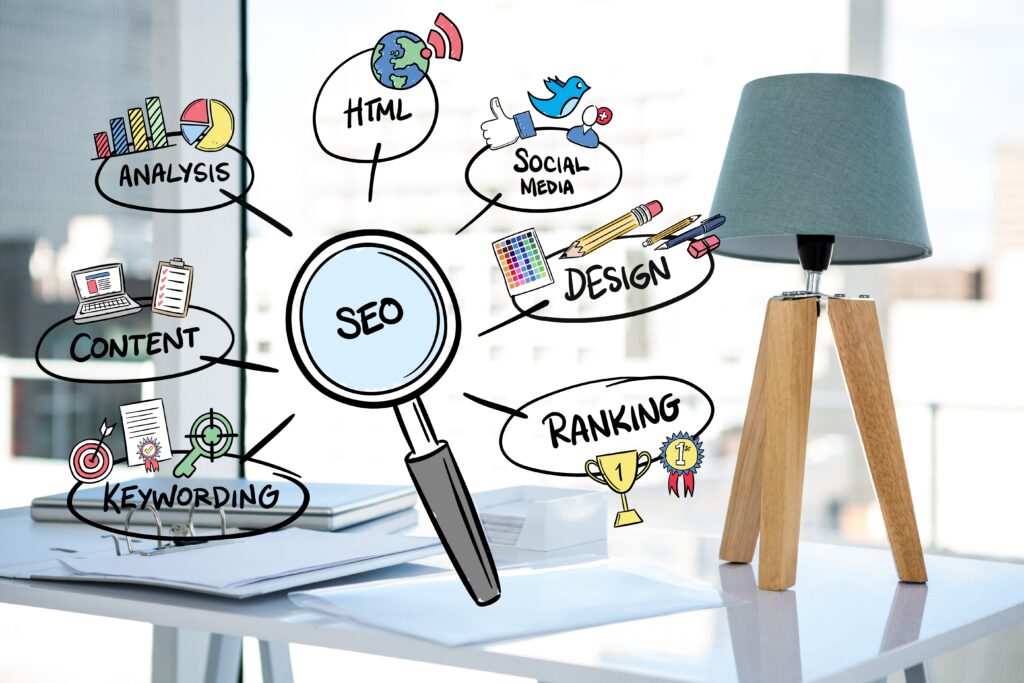In today’s fast-paced, technologically-driven world, digital marketing has become a crucial tool for businesses of all sizes. By leveraging the power of the internet and various digital platforms, companies can reach a global audience, engage with their customers, and drive sales like never before. This article explores the key components of digital marketing, its benefits, and strategies for effective implementation.
Understanding Digital Marketing
Digital marketing is using digital channels to promote or market products and services to consumers and businesses. These channels include search engines, social media, email, websites, and mobile apps. Unlike traditional marketing, which relies heavily on print media, television, and radio, digital marketing offers a more interactive and targeted approach.

Key Components of Digital Marketing
- Search Engine Optimization (SEO):
SEO involves optimizing a website to rank higher in search engine results pages (SERPs). This is achieved through various techniques, including keyword research, content creation, and link building. The goal is to increase organic traffic to the site by making it more visible to users searching for relevant terms.

2. Content Marketing:
Content marketing focuses on creating and distributing valuable, relevant, and consistent content to attract and retain a clearly defined audience. This can include blog posts, videos, infographics, and eBooks. Effective content marketing helps establish authority, build trust, and drive conversions.

3. Social Media Marketing:
Social media platforms like Facebook, Instagram, Twitter, LinkedIn, and TikTok offer businesses a way to connect with their audience, share content, and promote their brand. Social media marketing involves creating engaging posts, running targeted ads, and interacting with followers to build a loyal community.

4. Email Marketing:
Email marketing is a powerful tool for nurturing leads, promoting products, and maintaining customer relationships. It involves sending targeted emails to a list of subscribers, often segmented based on their interests and behaviors. Effective email marketing campaigns can lead to high conversion rates and customer retention.

5. Pay-Per-Click (PPC) Advertising:
PPC advertising allows businesses to place ads on search engines and other platforms, paying a fee each time their ad is clicked. Google Ads and Facebook Ads are popular PPC platforms. This form of advertising provides immediate visibility and can be highly effective when combined with a well-optimized landing page.

6. Affiliate Marketing:
Affiliate marketing involves partnering with other businesses or individuals (affiliates) who promote your products in exchange for a commission on sales. This performance-based marketing strategy can help expand your reach and drive more sales without upfront costs.

7. Influencer Marketing:
Leveraging influencers—individuals with a large and engaged following on social media—can help brands reach new audiences. Influencers can create authentic content that resonates with their followers, driving awareness and sales.

The Benefits of Digital Marketing
- Cost-Effectiveness:
Digital marketing is often more affordable than traditional marketing methods. Small businesses can compete with larger enterprises by strategically using digital channels.

- Measurable Results:
Digital marketing provides detailed analytics that help businesses track the performance of their campaigns. Metrics such as website traffic, conversion rates, and customer engagement can be measured and analyzed.

- Targeted Reach:
With digital marketing, businesses can target specific demographics, interests, and behaviors. This ensures that marketing efforts are directed towards those most likely to be interested in the product or service.

- Flexibility and Adaptability:
Digital marketing campaigns can be quickly adjusted based on performance data. This flexibility allows marketers to refine their strategies and optimize results.

- Enhanced Engagement:

Digital platforms provide opportunities for businesses to engage with their audience through comments, shares, likes, and direct messages. This interaction fosters stronger customer relationships and brand loyalty.
Challenges and Considerations
Despite its many benefits, digital marketing also presents challenges. The digital landscape is constantly changing, requiring marketers to stay updated with the latest trends and technologies. Privacy concerns and data protection regulations, such as GDPR, necessitate careful handling of consumer data.
Conclusion
Digital marketing has transformed the way businesses connect with their audiences. Its diverse strategies and measurable results make it an indispensable tool for modern marketers. As technology continues to evolve, digital marketing will undoubtedly adapt, offering even more innovative ways for businesses to thrive in a digital world.

Whether you’re a seasoned marketer or a business owner looking to expand your reach, understanding and leveraging digital marketing is crucial for success in today’s competitive environment.
